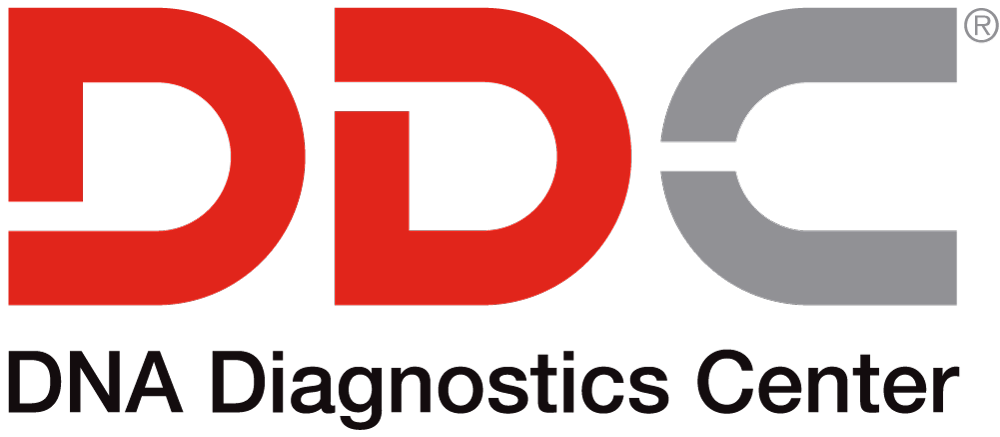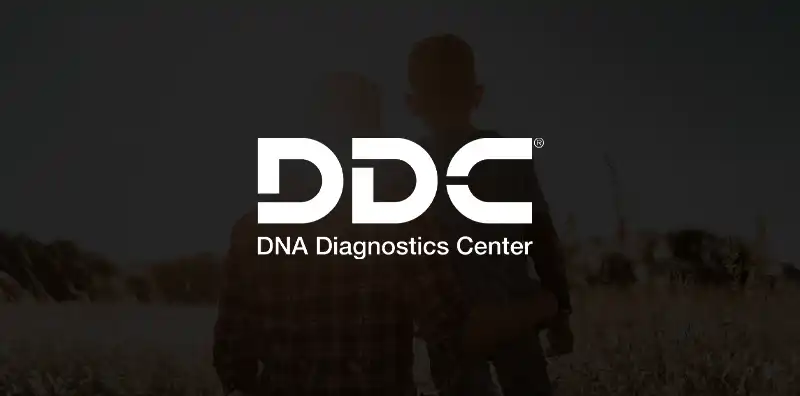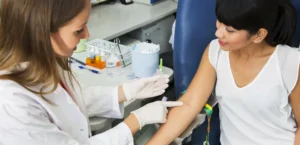JANUARY 7, 2024
How Accurate is Ancestry DNA Testing?

Have you ever wondered about your family’s roots or whether your lineage carries a unique genetic trait? With advanced technology in 2024, an ancestry DNA test can give you the answers that you’re looking for. Using an ancestry DNA test is typically a very simple process. Often all that is required is a painless sample from either a cheek swab or saliva, and from there you can easily unravel genetic mysteries within your family.
How Ancestry DNA Testing Works
Ancestry DNA tests work by extracting your DNA from a provided sample and then comparing it to a database of DNA from people of known ancestry. The test looks for specific markers in your DNA that are common in certain populations. By comparing the markers in your DNA to the markers in the database, the test can estimate your ancestry.
In terms of accuracy, the more markers that your DNA is compared with, the more accurate an assessment can be made when determining the historical whereabouts of your genes. Ancestry DNA tests are not guaranteed to be accurate, but they can be a helpful tool for learning about your family history.
Cheek Swabs Vs. Saliva
You may notice that certain ancestry DNA tests provide cheek swabs for sample collection rather than using saliva. Both saliva and cheek swabs are common methods used to collect DNA for ancestry testing. Both methods are effective at collecting cells from your mouth, which contain the DNA needed for the test. The method used depends on the specific testing company’s procedures and protocols.
DNA Center’s GPS Origins Ancestry Test utilizes a cheek swab. Cheek swabs can be a helpful collection instrument as they:
- Make collecting samples from infants or elderly individuals easier.
- Are usually quicker and more comfortable for the person being tested.
- Reduce the risk of bacterial contamination, if the swab is handled correctly.
Factors That May Affect DNA Test Result Accuracy
The accuracy of your ancestry results hinges on a variety of factors. One important aspect that can play a part in your results is the amount of data the test center has amassed. Different ancestry testing companies utilize different databases for referencing. The more access there is to DNA sequences from individuals sharing your ethnic group and ancestral geographic range, the more precise your results have the potential to be.
Another factor that can affect the accuracy of testing results is the statistical methods that are used to analyze genetic data. Also, your ancestry test accuracy is partially determined by the degree of intermixture in your lineage. Some ethnicities from Africa, East Asia, South America, and South Asia may be hard to trace because DNA testing companies have limited DNA data in their databases to compare with.
What are the Benefits of Ancestry DNA Testing?
What makes ancestry DNA testing so special is its simplicity and practicality. You can provide a DNA sample through simple saliva collection or with a cheek swab, send it off, and receive your results swiftly. These tests can unravel fascinating details about your family tree and clarify common misconceptions about your familial traits. In addition, an ancestry DNA test can enrich your life by providing fresh insights into your heritage.
With a test like DNA Center’s GPS Origins Ancestry Test, you can have your results in as little as six weeks! The precision of the GPS Origins Ancestry Test can even pinpoint the city your ancestors might have resided in, adding an extra layer of excitement to your genealogical journey.
With the GPS Origins Ancestry Test, you can expect:
- Your sample to be referenced against
- more than 80,000 autosomal genetic markers
- 1000+ reference populations
- 41 gene pools
- Results from a highly accredited laboratory
- A painless and simple sample collection process
- Your results back within six weeks
3 Common Ancestry DNA Test Misconceptions
With so many different DNA tests available for purchase, it’s important to understand what answers to expect with an ancestry test. Some common misconceptions include:
1. Precise Results
Ancestry DNA tests can only estimate your ancestry. This is because people have migrated throughout history, and their DNA has mixed with the DNA of other people. While tests cannot tell you exactly where your ancestors came from, they are getting more and more precise as databases continue to grow.
2. Health Information
Many people believe that ancestry DNA tests will provide them with personalized health information based on their DNA. Ancestry tests are not designed to tell you about your health. They are designed to tell you about your ancestry. However, some ancestry DNA tests do offer health-related information based on your genetic makeup, but this is not a substitute for medical advice.
3. Personality Traits
While certain personality traits can be linked to specific genetic markers, the likelihood that your ancestry DNA test highlights that information is slim.
What is the Most Accurate DNA Test for Ancestry?
Finding the most accurate DNA test for ancestry is not a one-size-fits-all answer. Research suggests that most DNA testing methods yield comparably accurate results. But a major factor to consider is the database that will be utilized when cross-referencing your sample. With the GPS Origins Ancestry Test, your sample will be referenced against more than 80,000 autosomal genetic markers, 1000+ populations, and 41 gene pools.
Ensure that you choose a test provided by a reputable company. DNA Center is AABB accredited and has been a major player in the industry for multiple decades. With a laboratory that has completed over 20 million DNA tests, you can rest assured that your sample is in good hands.
Learn More About Your DNA!
About DNA Diagnostics Center (DDC)
DNA Diagnostic Center is the world leader in paternity and relationship testing. We serve healthcare professionals, government agencies, and individuals around the world to determine family relationships with trusted accuracy.
More Questions? Don’t hesitate to call us: we’re here to help!
CALL NOW